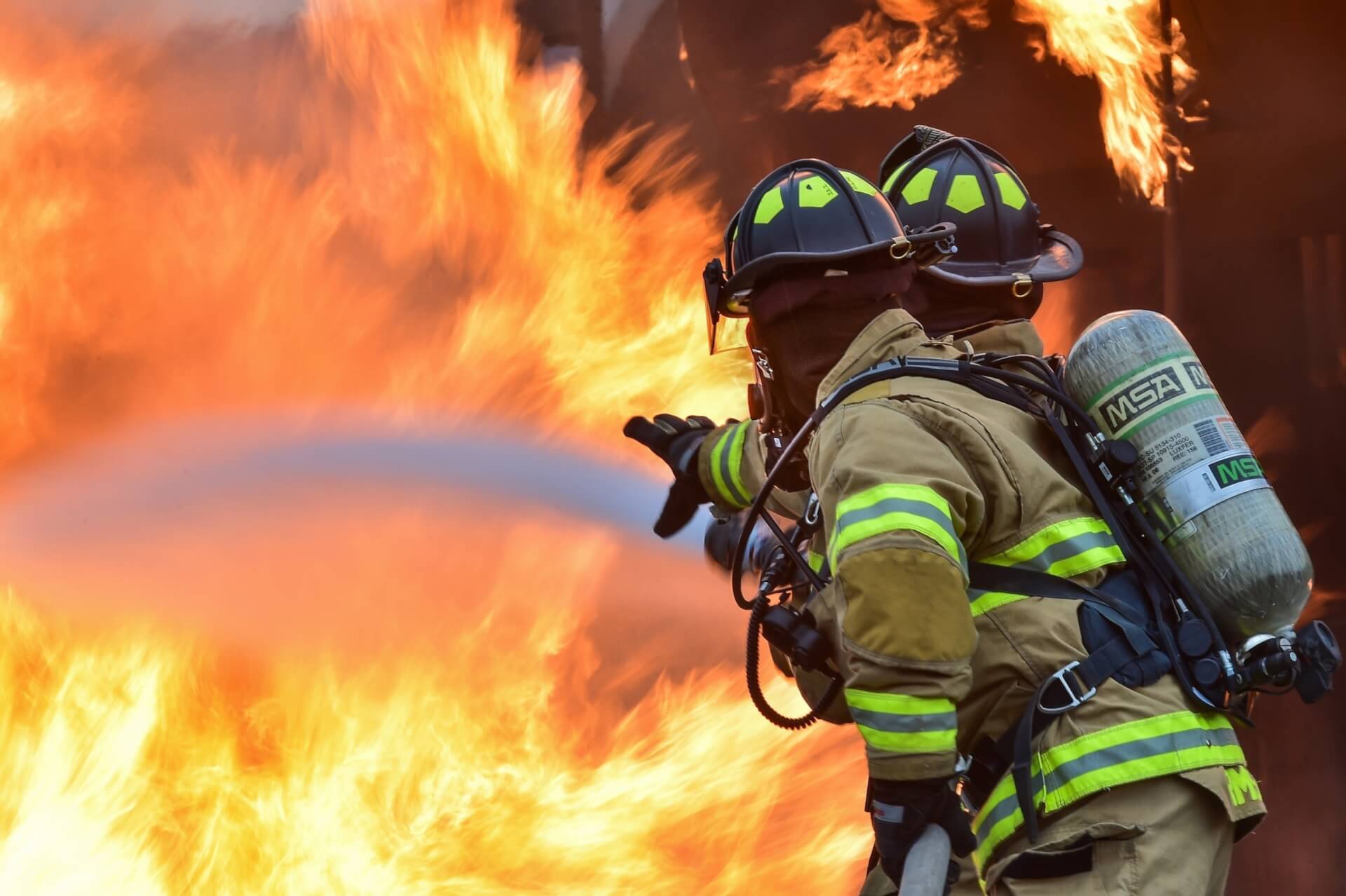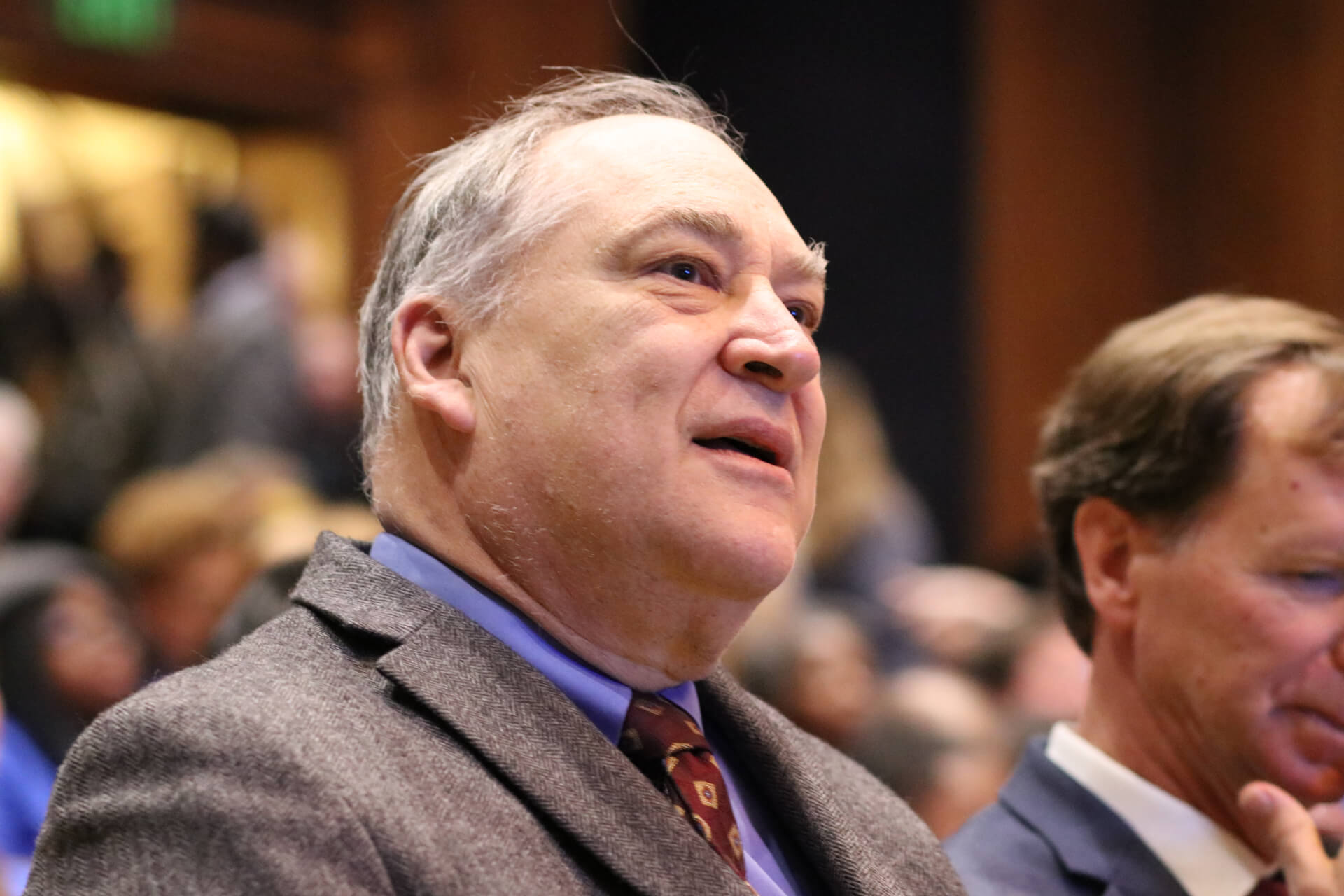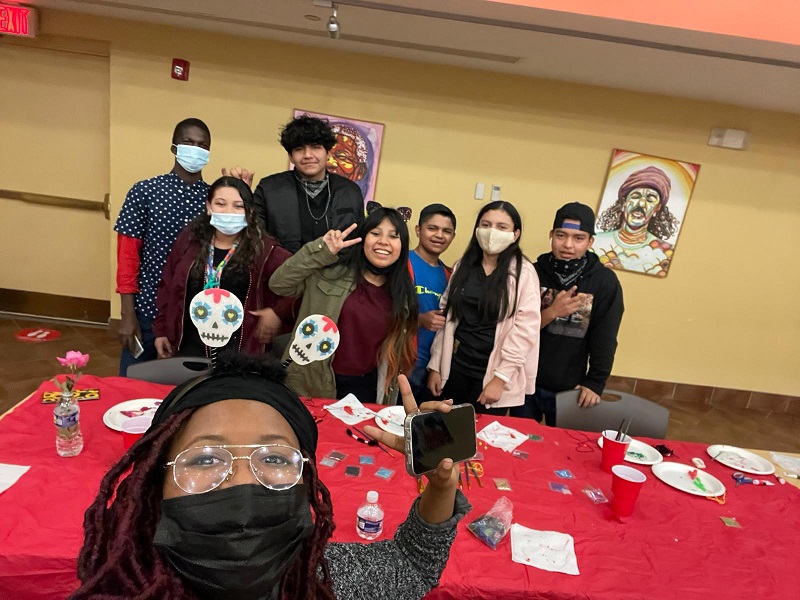
Will there be a fight for funding between the fire service and education reformers during the 2020 General Assembly session?
Fire service representatives sounded the alarm about funding shortfalls in their firehouses at the Maryland Association of Counties summer conference this weekend.
“Unless you’re under a rock, you’ve probably heard that lovely one-word term of ‘Kirwan,’” Carroll County Commission President Stephen Wantz (R) said at a panel discussion Saturday. “…A lot of things have been put on the shoulders of the counties. And it is tough when you see the numbers financially.”
And while education funding reformers are pushing for full implementation of pricey Kirwan Commission recommendations, staffing and funding shortages among volunteer fire companies statewide are worsening, advocates said.
“We are going to have a major collapse within the fire service if we don’t do something right away,” Samuel Goldwater, strategic planning chief of the Singerly Fire Company in Elkton said.
According to the National Fire Department Registry from the Federal Emergency Management Agency, more than 60 percent of Maryland’s firefighters are volunteers, but recruiting new volunteers is difficult for many volunteer rescue squads, fire officials said.
Goldwater pointed to a legislative study of fire services in Pennsylvania, which found that while there were more than 300,000 volunteer firefighters in the state in the 1970s, that number had dropped to about 38,000 by 2018.
But while the study’s conclusions circulated widely in publications directed to firefighters, they haven’t gained widespread attention elsewise, he lamented.
“We’re talking to ourselves,” Goldwater said.
Every day in firefighting publications there are reports of fire companies collapsing, he said.
The panelists argued that the state and counties should be doing more to incentivize and compensate volunteer fire and rescue services.
Pete Mellitts, past president of the Prince George’s County Volunteer Fire and Rescue Association, said because training standards are the same for volunteer and career firefighters, the only difference is that counties don’t have to pay salaries and benefits to volunteers.
“At the end of the day, when a person dials 911, they do not know if it’s career or volunteer answering their call, they just want help. It’s probably the worst day of their entire life,” Mellitts said.
He encouraged the state and counties to help build resources for volunteer departments by helping to write grants or set aside funding for buying new equipment.
Sen. Andrew Serafini (R-Washington), who moderated one of the panels on volunteer firefighting, cast a bit of a cloud over the room when he reminded attendees that state and county budgets are likely to be strained in the next few years.
The ambitious Kirwan Commission plan for education reform could cost up to an additional $3.8 billion a year once fully implemented. And economists see an economic downturn in the near future.
“To find the funding for Kirwan, they’re going to have to look under every rock and every thing,” Serafini said.
Counties have their hands full. They’re going to have to pay for roughly half of education efforts.
To get additional funding to uplift fire services, “it’s gonna be a fight,” Serafini said.
Michael Faust, president of the Maryland State Firemen’s Association, said people don’t place much value in something that they’re getting for free.
The son of a board of education member, Faust said education funding was important, but can’t eclipse the ongoing problems in the fire service.
If the state and county had to pay for the services of volunteer firefighters, it could cost billions, he said.
“We need to stop this issue with education,” he said, referring to an us-or-them funding fight. “Because if a bus breaks down on the side of the road and gets into an accident and there’s no one there to respond.”
“…The state of Maryland cannot afford for volunteers to go away. So I understand we need a billion dollars for education,” Faust said. “But you better not take it from volunteer fire services. It’s a challenge today.”




 Creative Commons Attribution
Creative Commons Attribution